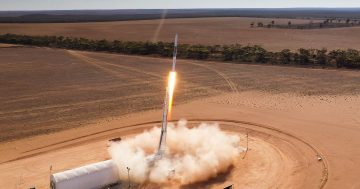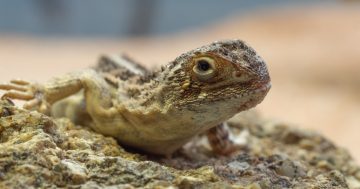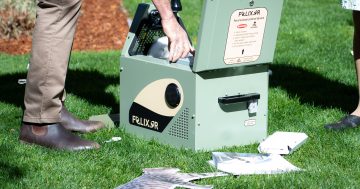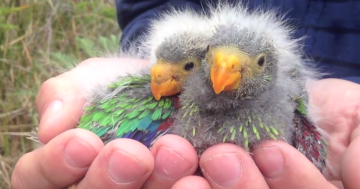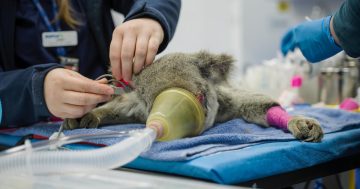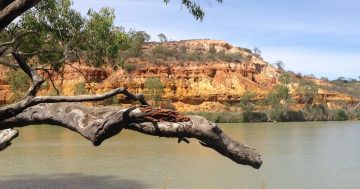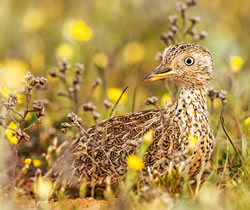 Tiny solar backpacks are to be used to help save endangered birds from extinction under a new conservation project being jointly planned by the South Australian, NSW and Victorian Governments.
Tiny solar backpacks are to be used to help save endangered birds from extinction under a new conservation project being jointly planned by the South Australian, NSW and Victorian Governments.
Leader of the project from NSW, James Griffin, Minister for the Environment, said 15 critically endangered Plains-wanderers had been released into Oolambeyan National Park in the NSW Riverina, each wearing a tiny solar-powered, satellite backpack which will be used to track their flight.
Three of the recently released birds came from Monarto Safari Park in South Australia, 11 are from Taronga Western Plains Zoo in NSW and one from Werribee Open Range Zoo in Victoria with all carefully selected from conservation breeding programs.
Mr Griffin said this was the second release of Plains-wanderers back into their native habitat and was the culmination of years of conservation work aimed at bringing the species back from the brink of extinction.
“Plains-wanderers are a small, ground-dwelling bird that is particularly vulnerable to threats such as foxes and feral cats, and native grassland habitat loss,” Mr Griffin said.
“They’re a critical part of the ecosystem because their presence or absence is an indicator of the health of their native habitat,” he said.
“These solar-backpack wearing Plains-wanderers are paving the way for us to gather important data, which will ultimately help us improve our conservation efforts for wild populations into the future.”
Mr Griffin said the new solar-powered backpacks could provide data for up to two years via satellite tracking.
He said tracking of released birds had previously been limited by a 12-week backpack battery life, and they could only be tracked with transmitters in the field.
“The Plains-wanderer is the sole member of its species family and are genetically distinct from any other species in the world. If they become extinct, the world will lose the last remaining species in the genus,” he said.


